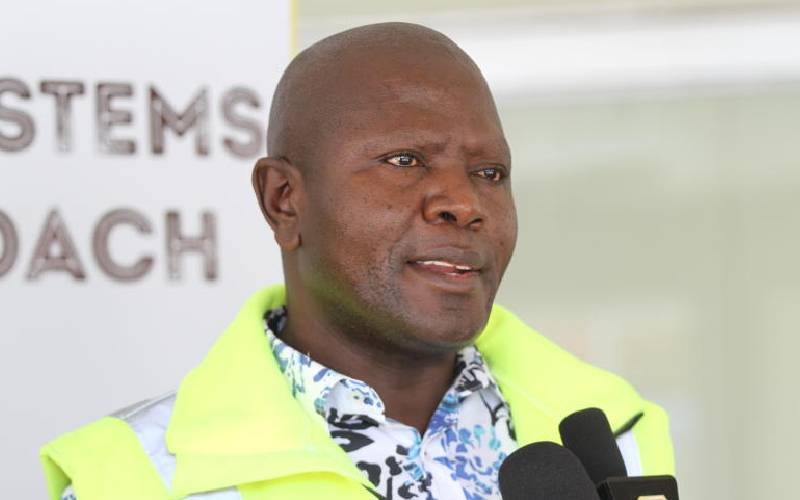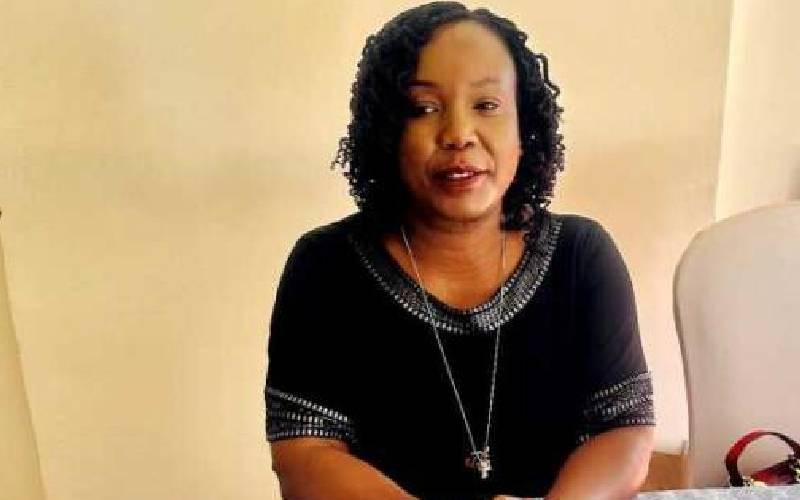“No counsellor and or psychologist in Kenya is registered or licensed to practice,” that is according to Kimani Githongo, Chairperson of the Kenya Counselling and Psychological Association (KCPA).
This statement is enough to make one pause for a moment especially coming in the wake of how Kenyans have seen ‘unregulated medics’ abusing their clients.
It becomes even more worrying when we consider that rehabilitation of alcohol and drug addicts is going on across the country following President Uhuru Kenyatta’s directive on second generation brews and drug abuse.
Yet, this is the reality Kenya is grappling with following expiry of a one year timeline calling for the setting up of a counselling and psychology board to regulate the profession.
This timeline is contained in the Counselling and Psychologists Act, 2014 — which was passed into law last June, and that says the board should have been in place by August 18, 2015.
This has, however, not happened because of failure by players to comply with some of the rules stipulated by the Act.
According to the Act, it is up to the Health Cabinet Secretary to set up the Counsellors and Psychologists Board.
“The board will have a chairperson appointed by the cabinet secretary, principal secretary for health, principal secretary in the Ministry of Finance, two people appointed by the cabinet secretary for education, four people – two of them counsellors and the other two psychologists, a person to represent minority groups and a registrar who will be secretary to the board” the Act reads in part.
However, speaking to LIFE magazine, the Health CS James Macharia said the board has not been set up because of the “inability of players in the counselling and psychology field to come up with a society as stipulated by the law”.
Macharia has insisted that the board cannot be set up unless the Counsellors and Psychologists Society is in place, saying this will ensure that professionals in the field are answerable to one body which can be followed in case of any anomalies by a member.
The society will set up a council to manage its affairs thus making it easier to regulate the counselling profession, which has been invaded by people from all sorts of professional backgrounds making it difficult to determine the quality of work done.
However, the KCPA chair refutes the CS’s assertions insisting that while the Counselling and Psychologists Act, 2014 does make provision for formation of a society, this comes after the board is constituted.
“The board must come before the society so that when a counsellor or psychologist is licensed, they automatically join the society and can be easily monitored,” he said.
Githongo argues that just as the law profession where Government admits lawyers to the bar before they join Law Society of Kenya and start practising, so it shall be with the counselling and psychology profession.
Once constituted, the board will license practitioners, who will then function under the society which will make it easier to track and regulate activities of the practitioners.
Stay informed. Subscribe to our newsletter
“Right now, if a counsellor, for instance, molests a client sexually, there is no way of punishing the practitioner because there are many organisations where counsellors can be members and it is difficult to account for them. It would, however, be easier if we had one society as the Act stipulates,” he says.
Some of the unethical conduct that unregulated mental health practitioners could be subjecting their clients to include sexual and financial exploitation as well as causing the client to become emotionally dependent on the therapist.
There are also cases of clients committing suicide due to inappropriate interventions by unqualified counsellors yet none of these can be punished without proper regulatory framework.
Without the enactment of guidelines stipulated in the Act, it means that all counselling and psychological cases have been attended to by unlicensed, unregulated individuals.
Githongo says right now counselling and psychology organisations are functioning like political parties, fighting to have members and their leaders to have titles that have no real worth attached to them.
For a profession that has about 6,000 members, the country is looking at a situation of lawlessness in the sector. Githongo gives an example dating back to the Westgate Mall attack in 2013 when one association was given money to provide counselling services to the affected people but could not account for how the funds had been used.
The chaos facing the sector means that counselling psychologists cannot approach disasters from a united front but from a competitive angle whereby the various organisations compete for clients, subsequently leading to lack of unity of purpose and more confusion.
Further still, there are many religious leaders, medical doctors, teachers among others who have called themselves ‘counsellors’ yet do not have the requisite training to give them understanding of what this profession entails.
Budgetary allocation is necessary to set up a board but Githongo argues that there will be more gain than loss if the board is set up as a matter of urgency.
“Imagine a counsellor, in a school setting, molests a student. They are expelled by one counselling association only for the counsellor to join another association.
This is the scenario that will be eliminated once we have one umbrella body to oversee the operation of counsellors, just as teachers have TSC and lawyers LSK,” he says.
 The Standard Group Plc is a
multi-media organization with investments in media platforms spanning newspaper
print operations, television, radio broadcasting, digital and online services. The
Standard Group is recognized as a leading multi-media house in Kenya with a key
influence in matters of national and international interest.
The Standard Group Plc is a
multi-media organization with investments in media platforms spanning newspaper
print operations, television, radio broadcasting, digital and online services. The
Standard Group is recognized as a leading multi-media house in Kenya with a key
influence in matters of national and international interest.
 The Standard Group Plc is a
multi-media organization with investments in media platforms spanning newspaper
print operations, television, radio broadcasting, digital and online services. The
Standard Group is recognized as a leading multi-media house in Kenya with a key
influence in matters of national and international interest.
The Standard Group Plc is a
multi-media organization with investments in media platforms spanning newspaper
print operations, television, radio broadcasting, digital and online services. The
Standard Group is recognized as a leading multi-media house in Kenya with a key
influence in matters of national and international interest.









